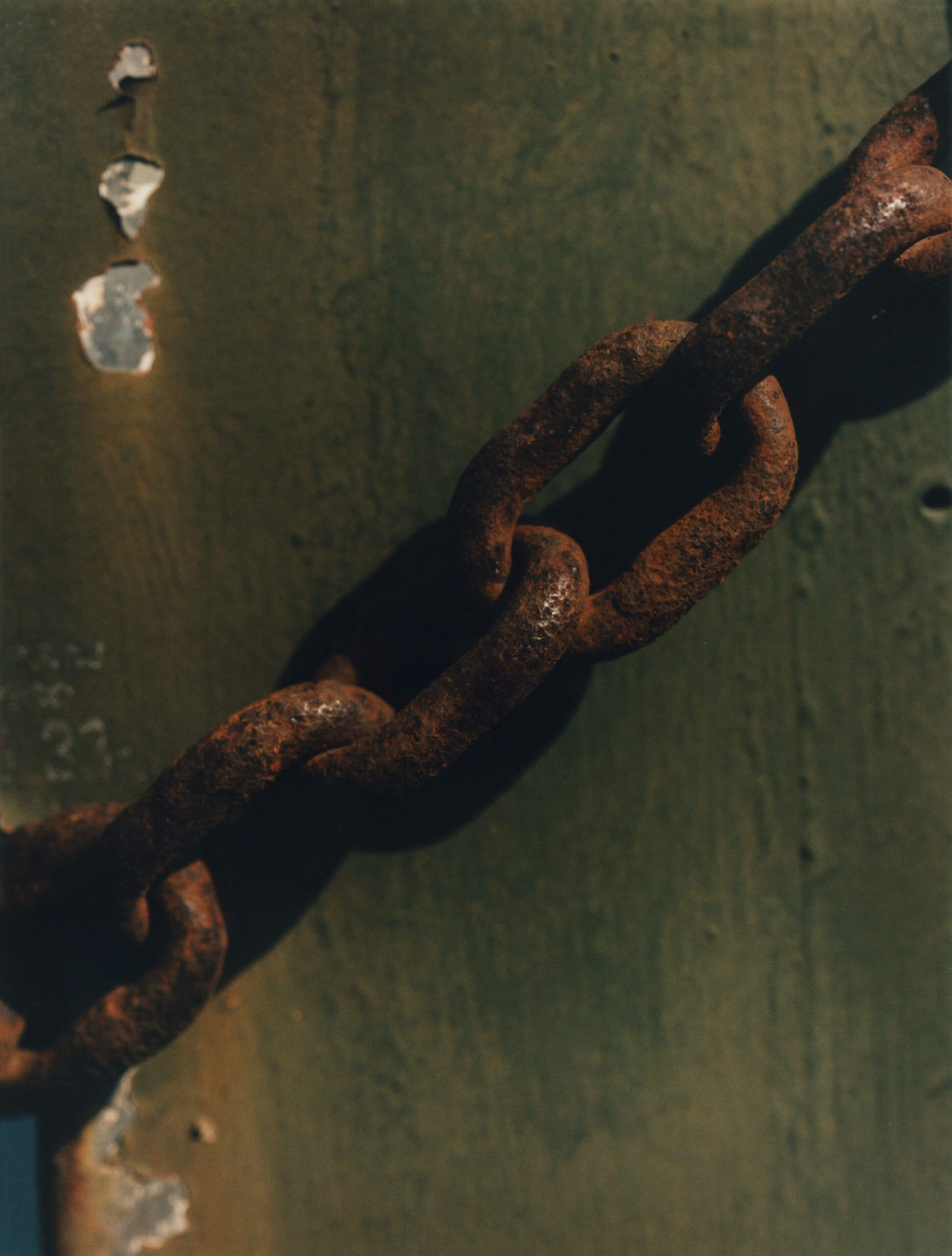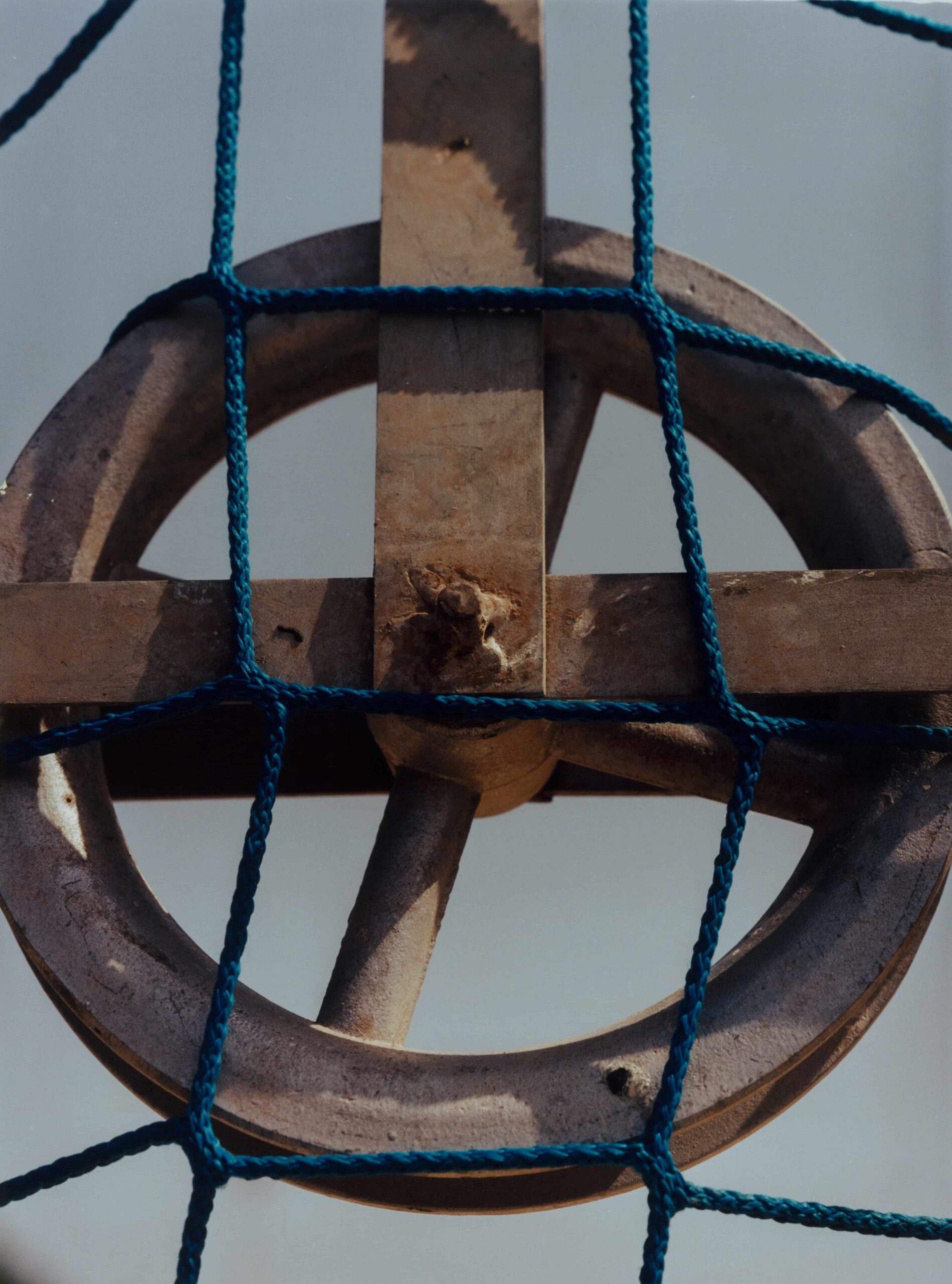I never learned how to swim. If I were thrown into an ocean of blue, my body wouldn’t know what to do. My mom grew up along a stream, yet she can’t swim, either. When she immigrated to the United States from El Salvador, she was lucky: she didn’t have to cross any bodies of water. I think of this whenever I hear another case of a migrant drowning in an attempt to reach new foreign lands beyond their borders. How many knew how to swim? Did they think that skill would be enough? Or how many were like me and my mother, not knowing how to survive in deep waters but risking it all anyway?
In 2015, a three-year-old boy drowned fleeing Syria with his family. Alan Kurdi’s lifeless face will haunt me forever—his fate a reminder of the thousands whose deaths go unseen.
At least 36,885 people have fatally drowned migrating since 2014 according to the UN-led International Organization for Migration (IOM). Drowning is the leading cause of death as makeshift boats capsize, killing over half of those who perish during migration. Most names are lost to the wind. Their bodies of flesh and bone are buried in thundering bodies of water and salt. Droughts and floods made more deadly by the fossil fuels heating the planet are increasingly forcing people to attempt to find new homes.
“The lack of regular safe pathways to migration … for people who desperately need to move forces them, compels them to take extraordinary, dangerous, and sometimes unimaginable ways to find safety, to find hope, to live,” Merna Abdelazim, a data analyst with IOM’s Missing Migrants Project, tells Present Space.
Without legal options available, families will keep squeezing onto boats, praying they survive.




No one truly knows how many people have disappeared in the Mediterranean. The IOM recorded 3155 deaths in 2023, but the number is surely an underestimate. Already halfway into 2024, over a thousand migrants have gone missing in the region this year. About 50 migrants died attempting the journey on an inflatable boat in March—two infants and four women among them.[1] Only 25 reached Italy. They travelled from the Gambia, Mali, and Senegal in West Africa, a region already experiencing climate-charged heat, dangerous to both people and crops.[2]
In the Mediterranean Sea, search and rescue have become especially limited after European governments began to criminalise human rights workers who assist refugees and asylum seekers in 2018. That year, Greek police arrested Irish diver-turned-lawyer Seán Binder for his lifesaving work with the local humanitarian group Emergency Response Centre International. He spent 106 days behind bars and is still awaiting trial.[3] And for what? Most days, Binder would train at sea, preparing for the moment someone would need his help. During night shifts, he would look out at the water from a boat, listening for cries or shouts.
“We have seen cuts and scrapes, broken bones, people face down in water, all kinds of things—but most people are survivors,” Binder says. “The European continent is one of the wealthiest continents in the world, yet the Mediterranean is one of the deadliest seas in the world. When people die in the Mediterranean, it’s because we let that happen. It’s not happening because we can’t address it. It’s because we choose not to address it.” In February this year, the Council of Europe Commissioner for Human Rights, Dunja Mijatovic, these policies as “repressive” and asked lawmakers to urgently reform their laws to allow volunteers to save lives as needed rather than harass and intimidate them.[4] Instead, the European Parliament passed a reform package in April that human rights groups deemed a failure for its establishment of border detention facilities. The status quo remains.


Across the Atlantic lies the Caribbean. Caribeños know beauty and hardship. Indeed, their islands’ extraordinary ecology attracted colonisers centuries ago. Entire nations are still recovering from the legacies of violent colonialism. The conflicts pushing Caribbean people out today did not begin with them. Increasingly, they also face the wrath of hurricanes powered by heated oceans. They did not create climate change, either, yet they bear the costs.
In 2022, a record number of migrants went missing in the Caribbean Sea: an average of three a day.[5] Most were headed to the United States, leaving behind their families in Puerto Rico, Cuba, the Dominican Republic, Haiti, the Bahamas, and as far as Venezuela.
John Beal, a lieutenant commander with the US Coast Guard’s Seventh District in Miami, has undertaken a number of search and rescue missions in the Caribbean since 2011. “The number one priority is to prevent the unnecessary loss of life at sea,” Beal said. Crews have found vessels whose engines died with people stranded for days on the open waters without shade, food, or water.
Sometimes, guard members arrive too late—but military investment in surveillance technology and immigration enforcement is a double-edged sword. It saves some migrants from death but steals them of their dreams. Their rescue may throw them back into nightmarish situations. That’s true for migrants crossing the Caribbean or the Mediterranean. If three-year-old Alan hadn’t drowned at sea, what would’ve been his fate? What of the children fleeing not war, but famine?
The seas may eventually swallow the world whole as glaciers shrink and melt. Who will save us then? Not the ghosts of migrants abandoned in those waters. As for me, I’ll be a mere speck of dust by the time the ancient oceans finally rise and the coastlines erode. I can only promise my descendants that I’ll teach them to swim—I can only hope that that will be enough.




